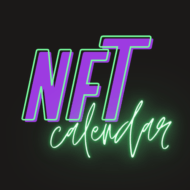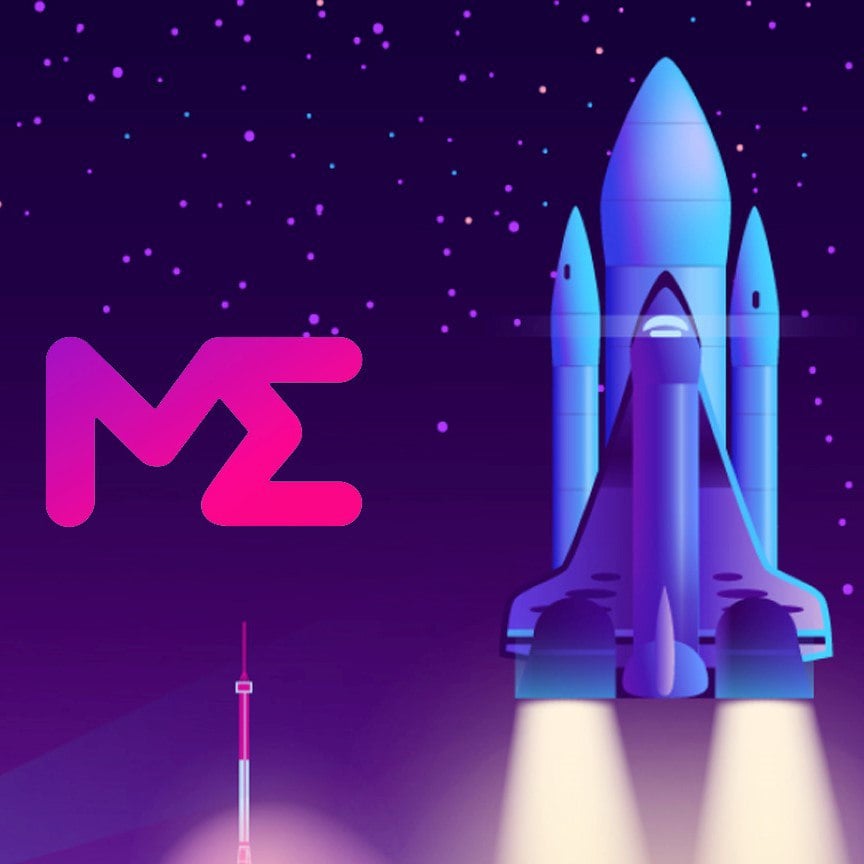On October 15th, the largest Solana NFT trading platform Magic Eden made a wave-making announcement concerning creator royalties. Thus, the marketplace has enabled the optional royalty model alongside repelling its 2% platform fee.
The optional royalty model's adoption allows Magic Eden’s buyers to decide how much royalty to pay and whether to pay at least something so far. Additionally, creator royalty payments are not enforceable on-chain, as only NFT marketplaces can charge them. So now, Magic Eden collectors can choose whether to pay their royalties in full, half, or none. However, all NFTs will still have full royalties.
According to Magic Eden, the decision on shifting royalty payments to the buyer is to make sure they have a full understanding of whether they are going to make use of the creator's benefits, like Discord, raffles, staking, and more, or just want to add another NFT to their collection.
However, the decision aimed at attracting more collectors to its ecosystem caused an outcry from the NFT creators. The same wave of indignation avalanched among the X2Y2 creators. Prior to Magic Eden's announcement, the platform applied a royalty-free model to some of its collections: “Buyers on X2Y2 can now choose the amount of royalties they would like to contribute to projects,” the platform officials wrote on the marketplace's official Twitter.
As it was with X2Y2, Solana NFT artists on Magic Eden have taken the news controversially. Thus, an artist and brand consultant, Jason Keath called the 'flexible' royalty model a “terrible” move. Meanwhile, some SOL community representatives see it as a complete “downfall” of the Solana marketplace.
“This is a decision that we make with a heavy heart, knowing that it will make a significant impact to our creator base,” Magic Eden announced in its blog post.
But against the turbulence, Magic Eden has also launched a $1M Creator Monetization Hackathon to support its creators. Hackathon will work with both creators and ecosystem partners who want to develop new solutions for royalties enforcement and alternative models. The grants will be provided to the community members who work on the protocol level royalty enforcement, collector incentives for enforcing royalties, disincentives for bypassing royalties, or alternative monetization models.
Although creator royalty payments have been an integral part of the NFT ecosystem with around 3%-10% of the NFT price, Magic Eden calls its decision ‘necessary’, but it hopes it’s not ‘permanent.’
“The movement away from creator royalties has been an unfortunate trend, but one that seems inevitable given that royalties are not enforceable at the protocol level. It is a trend that we are hoping can be reversed long-term,” Magic Eden's CEO and Co-Founder Jack Lu, stated.
And what do you think about the 'flexible' royalty model? Join our socials for discussion.



